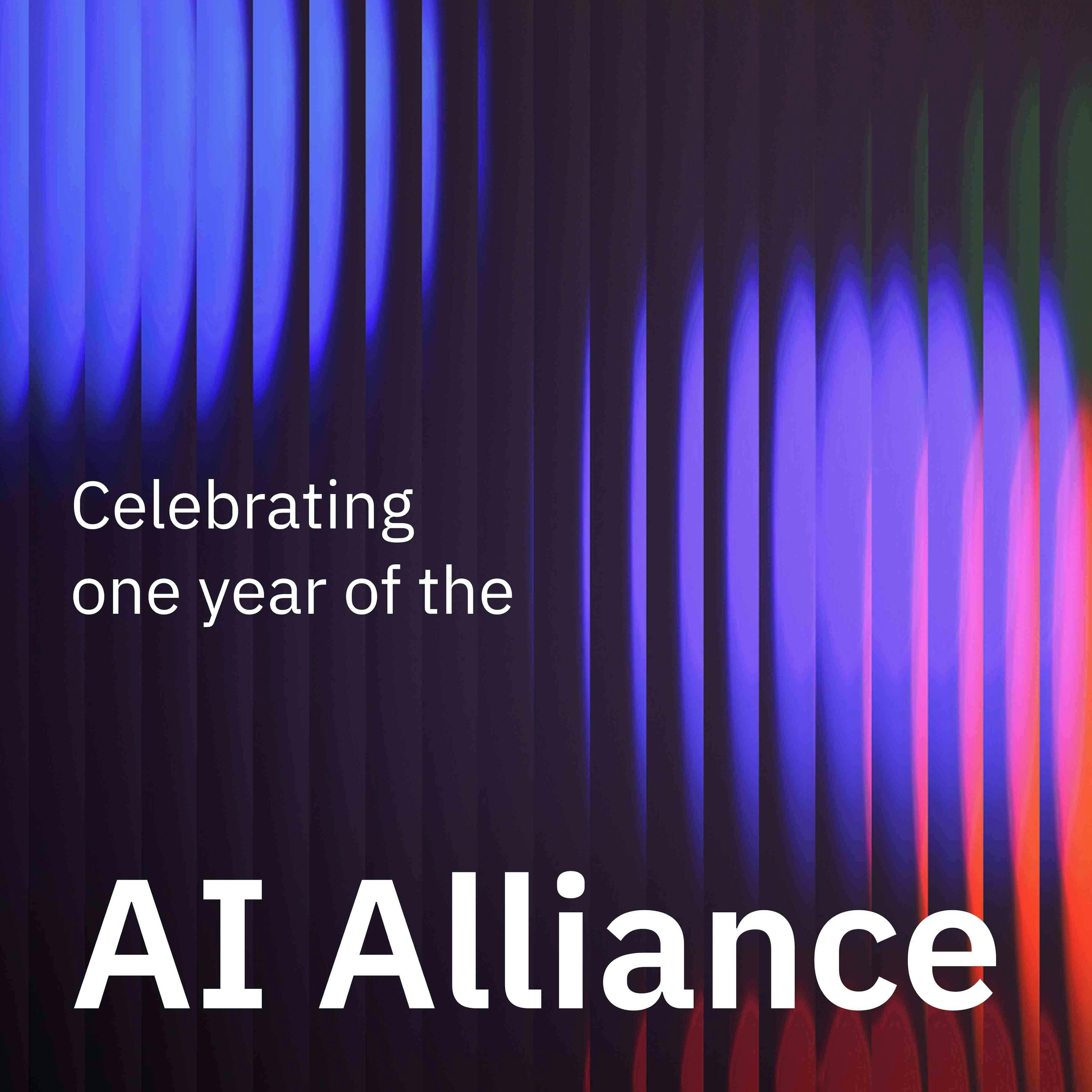Statement from AI Alliance Regarding Commerce's Final Report on Open-Weights Models

The AI Alliance welcomes the U.S. Department of Commerce and the National Telecommunications and Information Administration (NTIA) for its forward-thinking report, which recognizes the profound benefits of open foundation models for fostering innovation, economic growth, and AI safety. By embracing the principles of “a fair, open, and competitive ecosystem” outlined in Executive Order 14110, the Commerce Department has taken a crucial step towards ensuring that the U.S. remains at the forefront of AI development.
We are particularly encouraged by the report's conclusion that "the government should not restrict the wide availability of model weights for dual-use foundation models at this time. Instead, the U.S. government should actively monitor and maintain the capacity to quickly respond to specific risks across the foundation model ecosystem, by collecting evidence, evaluating that evidence, and then acting on those evaluations." This forward-thinking approach will help maximize the positive impact of AI technologies on a global scale.
As also highlighted by the AI Alliance’s response to the NTIA’s request for comment, we are heartened by the report's acknowledgment of the role of open foundation models in advancing scientific discovery and societal benefits. Furthermore, it wisely notes the economic benefits of democratizing access to AI technologies, enabling entrepreneurs and small businesses to thrive. Open foundation models like Granite, Llama, StarCoder, GHP-MOFassemble, ESM-Fold, and SemiKong demonstrate the transformative potential of open weights in accelerating research and driving innovation across various sectors.
We are also encouraged by the report's alignment with the FTC's recent statement on open model weights that concludes “open-weights models have the potential to drive innovation, reduce costs, increase consumer choice, and generally benefit the public – as has been seen with open-source software.” This underscores the value of an open ecosystem and importance of transparency, competition, and consumer choice in the AI marketplace. This holistic approach to AI policy will ensure that the United States can harness the full potential of AI while mitigating risks effectively.
The AI Alliance remains committed to supporting open innovation in AI and will continue to cultivate open source projects as well as advocate for policies that promote openness, safety, security, choice, and innovation of AI technologies. We look forward to engaging with policymakers and industry leaders to ensure that the full potential of AI is realized for the benefit of all.


